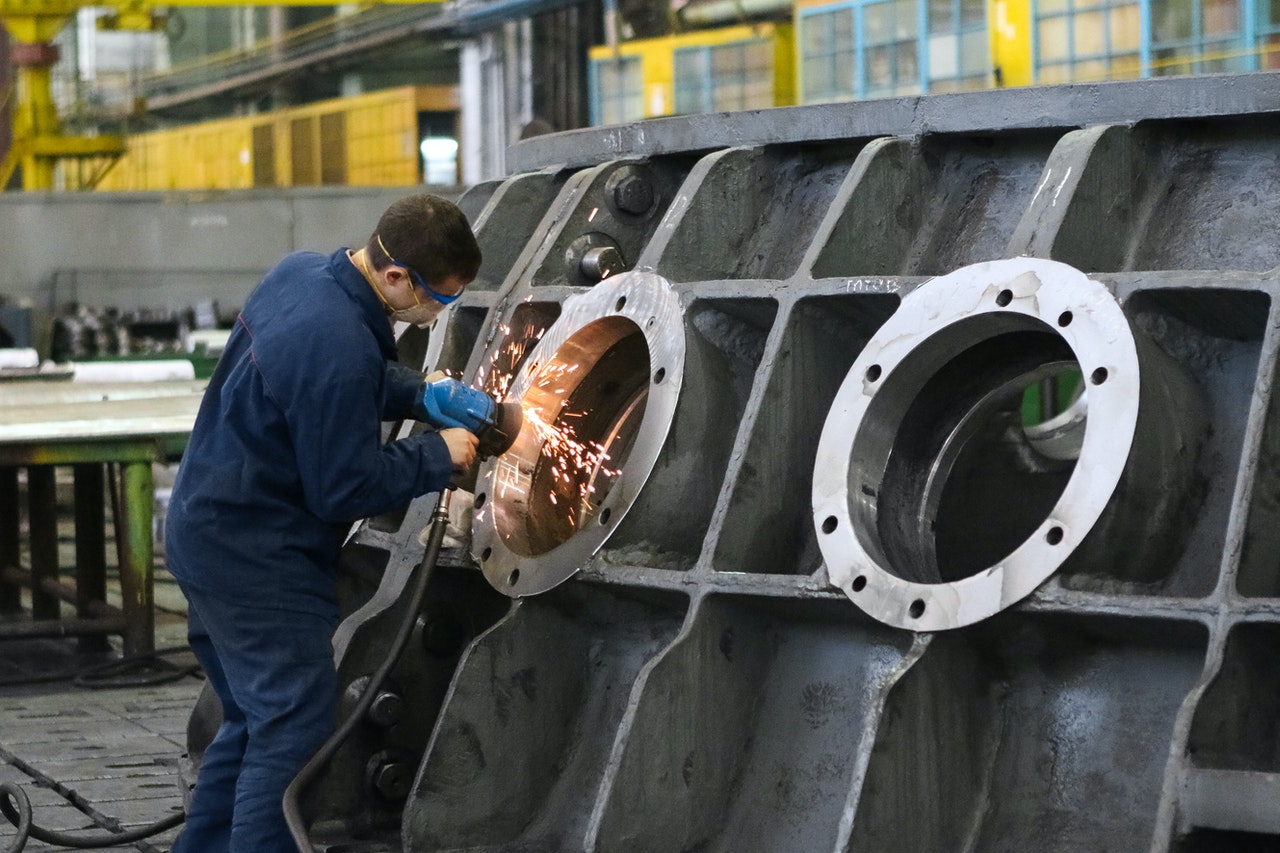SPC (statistical process control) is the process in which the measurement of consistent product performance can be achieved. This is important for industries like manufacturing, which need to ensure a high certainty of the quality of goods or products for their various uses.

When there are lapses in quality, which can be caused by a myriad of issues, the end result can be alarming due to the fact that the manufacturing process or design may be to blame. These kinds of anomalies, or soon to be recurring issues, reduce effectiveness, and increase risk factors. SPC solutions are then required to monitor and record consistency to avoid this, and here are the benefits that these solutions pose.
1. Prioritize Uniformity
In manufacturing, the ideal end goal is a working product or design that can reach peak uniformity. Of course, this is an idealistic goal and not always possible, but producing 1000 units of the same coil should come close to creating a product that is as close to the next one and the one before it as possible. The more uniformity that is achieved, the lower the possibility of scrapping, reworking, and complaints will be fielded. SPC solutions help move towards and maintain uniformity and manufacturing production and design.
2. Improve Productivity
The productivity of manufacturing plays a great deal into the role of SPC solutions. The entire process of manufacturing goods requires precise attention to a plan, and when that plan or workflow is disrupted, it has a ripple effect. With statistical process control software, it is much easiest to detect design or production flaws that can halt the flow of work. When these flaws are spotted earlier in the manufacturing process, the production line can be halted in a quicker and less disruptive way.
3. Streamlining Inspection Process
Manual inspections are still very much important because the human eye can detect things that an automated system can’t, but it is also harder to rely on humans to catch a lot of errors too. There needs to be a good balance of the two, but thankfully SPC solutions can help spot these issues through analyzing data in a much quicker manner. Reducing the amount of wasted effort and wasted products is an inherently beneficial aspect of SPC in the manufacturing industry.
4. Increase Customer Satisfaction
Manufacturing is not an industry that you would normally associate customer satisfaction with, but the purpose of making products means that there has to be some consideration of the happiness of those receiving them. SPC solutions can help create better products that result in fewer flaws, faults, or damages, and that makes customers much happier when they no longer need to go through the process of getting their issues resolved. By maximizing things like the inspection process success rates, it is possible to make sure that every piece of equipment that comes off of an assembly line is to the letter of its specifications so that the users will be satisfied.
5. Reduce Unnecessary Costs
Manufacturing goods is not cheap. Whether it is the materials needed to make them, the costs for shipping, or the money that went into designing it, there are plenty of ways for money to get lost in the process when products are not properly manufactured. This issue can be resolved with SPC solutions because there will be a less likely chance that these issues will arise, which saves on those costs of reshipping products, recalls, redesigning, and manufacturing. This is very important for cutting down on mishaps but also for protecting your bottom line.
6. Improve Analytic Capabilities
Using digital software is helping many industries make bigger leaps into the future and develop a better understanding of the useful information they need. Data analytics is as useful in manufacturing as it is in other industries because it can help determine factors that go into product design and creation. These metrics can be tracked much easier with SPC because the software can be combed for data, which can then be converted for applicable reasons. It can help with marketing, cost savings, material efficiency, and output, to name a few. Using SPC software and solutions helps move manufacturing into a better future.
SPC, otherwise known as statistical process control, is used for various purposes. It can be incredibly beneficial for the manufacturing industry for a plethora of reasons. The most notable examples of these benefits are the reduction of costs, increases in productivity, and improvements to efficiency. Using SPC solutions for a manufacturing business can increase its potential in these various ways.